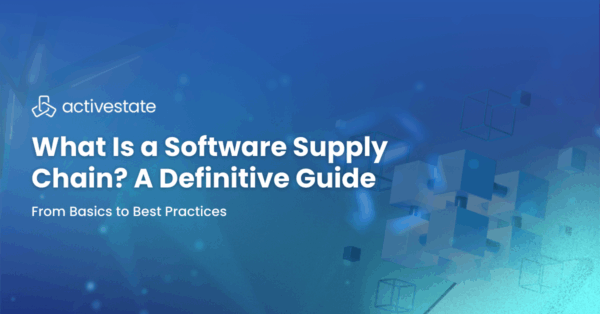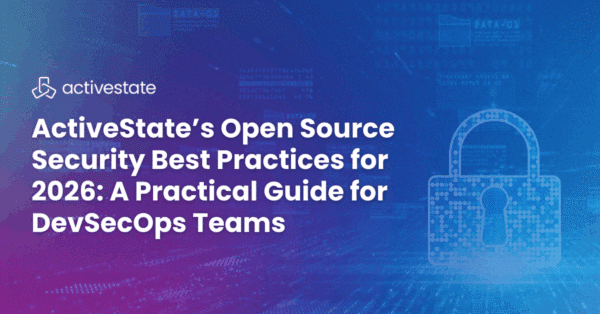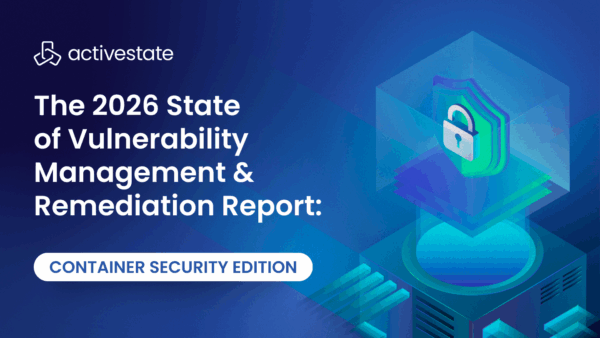Manage Your Python Project With The ActiveState Platform
While package managers like pip are great for setting up and managing your Python environments, developers have other concerns that pip was never designed to tackle, including:
- Out of date Readme files, which mean developers end up installing the wrong environment
- Different operating systems, which require additional tooling to maintain
- Inconsistently applied patches and updates, which mean that every developer’s environment is configured slightly differently
- Dependency resolution, which ensures that you’re always working with compatible packages
- Selecting the right package and/or version that is approved for use
- Resolving vulnerabilities in a timely manner
All of these add up to reduced developer productivity, which can have a negative impact on customer experience through delays in shipping or bug fixing. While containers can help with some of these issues, they add yet another layer of complexity developers need to deal with.
In contrast, the ActiveState Platform was designed to let you do everything pip can, from installing to managing to updating your environment, but it also addresses the kinds of issues developers wrestle with every day by providing:
- A single, up-to-date source of truth for the runtime environment used by all your developers – no more outdated Readmes!
- A single, cloud-based toolchain that supports Windows, Mac and Linux
- A centralized way to make changes to the runtime environment, and then update all systems with a single command, ensuring all development teams stay in sync – ensure environment reproducibility across dev and CI/CD systems
- Automated dependency resolution that flags conflicts and suggests workarounds for them
- An ActiveState artifact repository ensures developers only work with correct, approved packages/versions
- Vulnerability remediation that allows developers to see vulnerable dependencies, update them, and then automatically rebuild a secure version of their environment in minutes
And with virtual environment creation on install, and the ability to roll back corrupted environments, the ActiveState Platform is like the pip you always wanted.
Is your team delivering complex Python applications at scale? The ActiveState Platform can make the whole process a lot smoother.
We know the pains that you are used to: out-of-date Readme files, different operating systems and Python versions, container issues, inconsistently-applied patches and updates and so on. They all mean that your development, testing and production environments are rarely identical.
The result is a proliferation of “Works on my machine” issues that reduce developer productivity because everyone spends more time troubleshooting than coding. Ultimately, delays mean either delivering software with known defects or impacting delivery dates.
Thankfully, with the ActiveState Platform, you can build Python runtimes that act as a single source of truth for all your dev, test and production environments.
If one developer updates their environment — adding new dependencies, changing passwords or updating environment variables — your entire team can update their environments with a single command, keeping everyone in sync. And if something doesn’t work, you can always roll back to the last working version.
As a result, developers spend more time coding and less time troubleshooting — and can more easily meet their deadlines. The same is true for everyone in the chain from dev to production.
Ready to eliminate “Works on my machine” issues for your team? Try the ActiveState Platform. Here’s how to get started.
Once you’ve created your free account, use our Platform to build a custom runtime for your Python projects, including just the language and packages your project needs.
- Choose a language (Python, Perl or Tcl right now)
- Select your operating system (Linux or Windows, plus Mac for Python)
- Add the packages your project requires
Go ahead and try our Platform today! We are hanging out at our Community Forum to provide support as you explore.
At ActiveState, we use the Platform to build not only our popular open source language distributions but also custom Python, Perl and Tcl builds for our enterprise clients. Do you wish to see how the ActiveState Platform can support your organization’s needs? Get a demo or send us a message.






